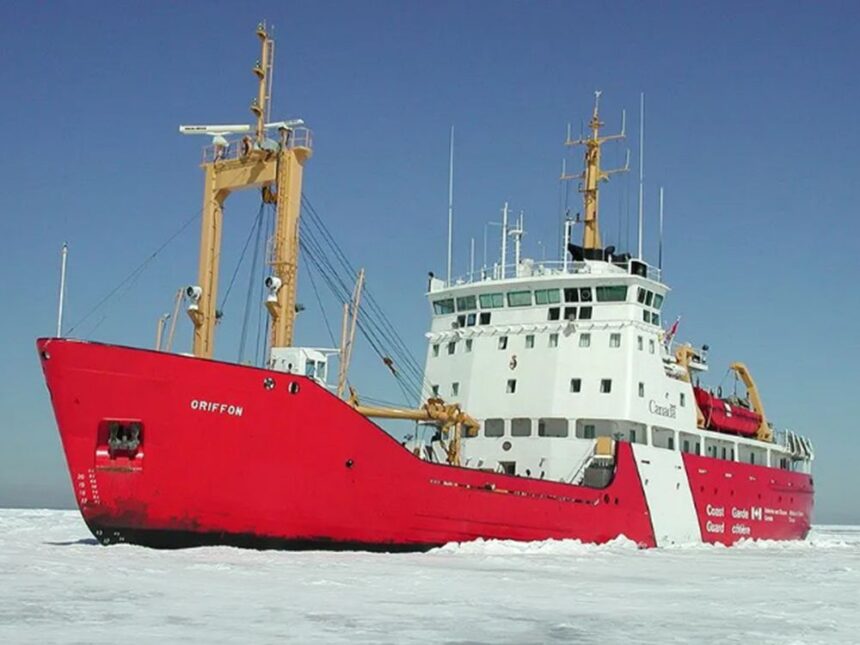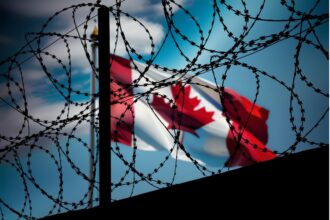In an unprecedented administrative reshuffling that has sent ripples through Canada’s maritime services, Coast Guard crews find themselves navigating uncharted waters as their agency transitions to Defence Minister Bill Blair’s portfolio—a move many learned about through media reports rather than official channels. This significant organizational shift, affecting thousands of maritime professionals, has exposed concerning gaps in internal communications and raised questions about the future direction of this essential service.
Union representatives report widespread confusion among Coast Guard personnel, with many crew members first discovering the change through news headlines rather than from their leadership. “Most of our members found out about this major change through the media, which is absolutely unacceptable,” said Chris Bussey, national president of the Union of Canadian Transportation Employees, which represents approximately 3,500 Coast Guard employees.
The reorganization, which moves the Coast Guard from Fisheries Minister Diane Lebouthillier to Defence Minister Blair’s oversight, represents one of the most significant administrative changes in the agency’s recent history. While the Coast Guard will maintain its civilian status and continue operating under the Department of Fisheries and Oceans, this shift signals potential new priorities and reporting structures that could fundamentally alter how Canada approaches maritime security.
Government officials maintain this change will strengthen coordination between the Coast Guard and military operations, particularly in Arctic regions where sovereignty concerns have intensified amid increasing international interest. However, the CO24 Politics desk has learned that this transition occurred without comprehensive consultation with frontline workers who will be most affected by any operational changes.
The communication breakdown has fueled speculation about potential militarization of the Coast Guard, traditionally a civilian service focused on maritime safety, environmental protection, and facilitating maritime commerce. Though government representatives have dismissed these concerns, they acknowledge the transition will bring “enhanced coordination” with military operations.
“Our members are understandably concerned about what this means for their daily operations and long-term career trajectories,” Bussey explained. “They’ve committed their careers to a civilian maritime service, and now face uncertainty about whether their roles might fundamentally change.”
This reorganization comes amid increasing pressure on Canada’s maritime services, with challenges ranging from climate change impacts on northern waters to increased international shipping traffic and persistent concerns about illegal fishing in Canadian waters. The Coast Guard has simultaneously been managing an aging fleet and infrastructure challenges that have strained operational capabilities.
Defence Minister Blair’s office has issued assurances that the Coast Guard will maintain its civilian status and traditional missions while benefiting from “improved coordination with national defence priorities.” However, specific details about implementation timelines, potential operational changes, or how this restructuring addresses long-standing resource challenges remain conspicuously absent.
Maritime security experts suggest this realignment may be partially motivated by increasing concerns about Arctic sovereignty and the need for more coordinated responses to changing security dynamics in Canada’s northern waters. “The Arctic is increasingly becoming a zone of strategic competition,” noted Dr. Robert Huebert, a University of Calgary professor specializing in Arctic security issues. “This administrative change likely reflects growing recognition that maritime security requires more integrated approaches.”
As this transition unfolds, critical questions remain: Will this administrative realignment bring substantive benefits to maritime security and Coast Guard operations, or does it represent a bureaucratic reshuffling that fails to address fundamental resource and equipment challenges? More importantly, how will the government rebuild trust with Coast Guard personnel who feel blindsided by such a significant change to their professional environment?


















